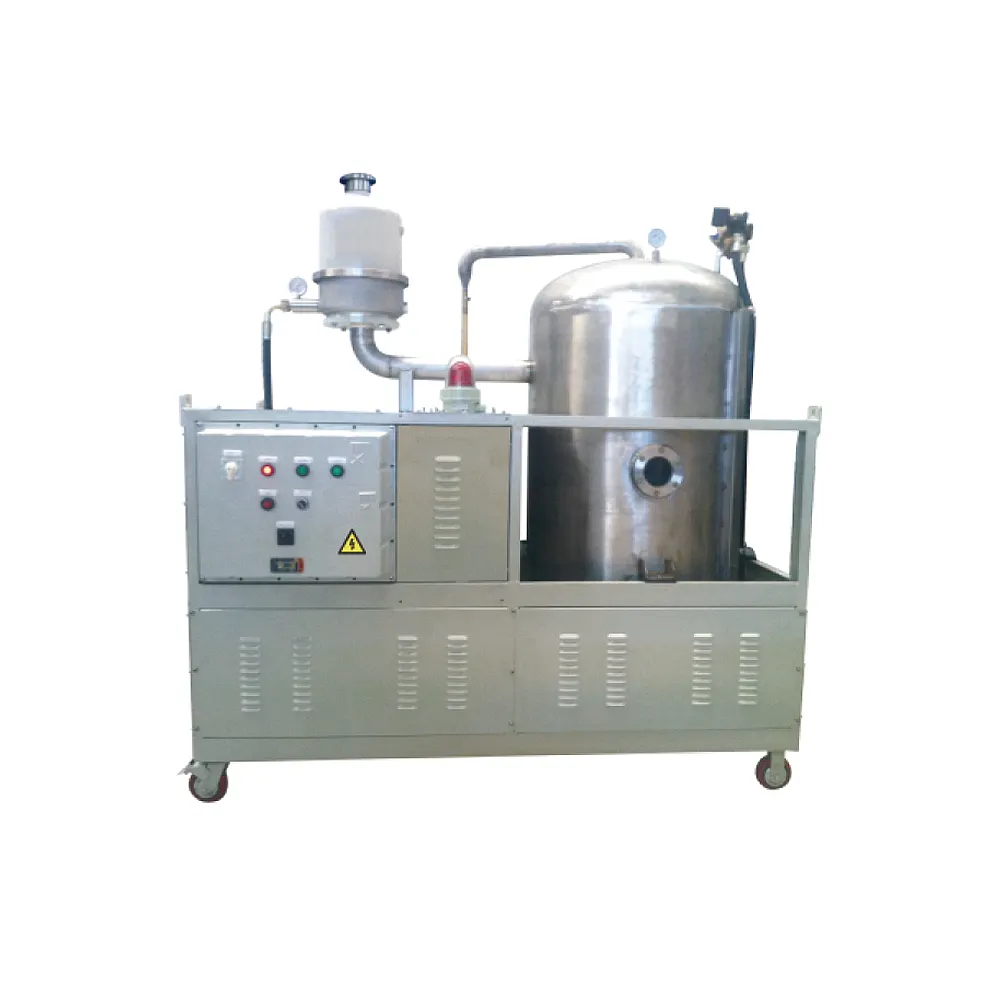Ha llegado el futuro del filtro industrial de aceite
El motor, el motor y el sistema hidráulico utilizan algún tipo de aceite como su "línea de vida". el aceite no es solo el lubricante del motor, el equipo y el motor, sino también el fluido incompresible necesario para los programas del sistema hidráulico.
Cuando la presión del motor alcanza el límite o el equipo hidráulico continúa funcionando, el aceite de estos fabricantes definitivamente se degradará. Si no se resuelve el problema de la destrucción de este líquido importante limpiando o cambiando el aceite, esto puede causar problemas a los fabricantes que dependen de su estabilidad.
El aceite puede degradarse o "ensuciarse" por muchas razones: edad, exposición a temperaturas adversas y factores de tensión causados por el uso excesivo mencionado anteriormente. Además, el aumento de los niveles de temperatura provocado por el costo de la electricidad estática desencadenará la degradación del aceite.
The results from these incidents are oil oxidation as well as the launch of cost-free radicals, microscopic bits as well as various other pollutants within the oil. If oil gets to a stage where the oxidation procedure takes hold, it will certainly lead to raised thickness - or thickness - within the oil.
Varnish
If not cleansed or changed, this thickened oil will ultimately form varnish. This sludge-like material can suggest big trouble for hydraulic systems and also other equipment.
Following are some of the problems that varnish can provide:
Sticking or freezing of mechanical parts.
Power "decreases" or lower.
Frequent filter adjustments.
Increased leak potential due to endure seals.
Wear and also tear and also potential permanent damage to bearings and also various other parts.
The Solution
The byproducts that accumulate and also inevitably result in the development of varnish are insoluble. This implies these results are not with the ability of being broken down or liquified. This makes varnish elimination extremely challenging by traditional means.
Criterion mechanical oil filtration systems do not attend to varnish troubles. There are sensible options for the elimination and also prevention of varnish. One option that has actually remained to acquire popularity within commercial setups in recent times is electrostatic oil filtration.
Utilizando filtros de aceite hidráulico tradicionales y filtros industriales, el aceite o los lubricantes pasarán por los filtros, incluyendo productos como celulosa, tejidos y mallas metálicas muy finas. En el sistema de filtración, parte de la suciedad y los escombros no solo pasan por los microcontaminantes, sino que también se recogen y, en última instancia, presionan el sistema. Estos filtros también deben cambiarse regularmente, aumentando así el gasto.
Los limpiadores y filtros de aceite electrostático funcionan de diferentes maneras, y también son más adecuados cuando se trata de la eliminación de partículas solubles. Este dispositivo de filtrado de aceite se configura de una manera de "agujero renal" y también carga los fragmentos en el aceite. Los fragmentos no son "capturados" en el filtro, lo que hace que el sistema se pegue hasta cierto punto, sino que se eliminen por completo y se colocan en el dispositivo de recogida.
The use of this modern technology has actually led to general better system performance, reduced expenses and enhanced production. When it concerns commercial oil filtration and also cleanliness, the "wave of the future" has arrived in electrostatic technology.
